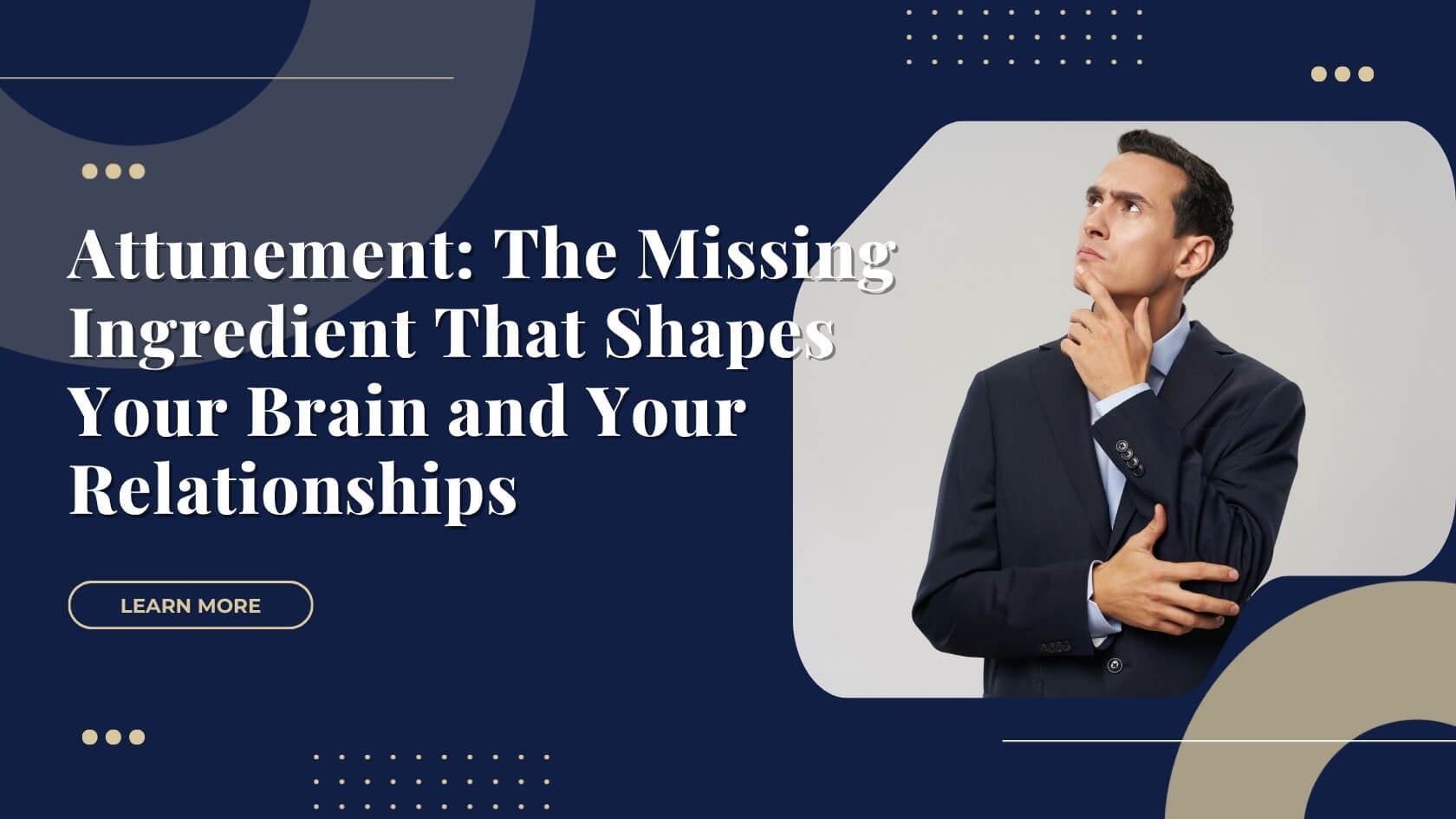By Dr. Nore Salman
The Heart-Centered Leadership Institute (THCLI)
When a partner says “I need…”, it is not only a logistical request. It is an act of trust and vulnerability. Many people instinctively defend, deflect, or centralize their own hurt, which closes the door to connection. This integrated guide pairs what to avoid from your original framework with the specific practices that build emotional attunement and collaborative action.
1. Pause Before Reacting
Avoid: Defensiveness that explains or justifies before listening. Rapid reactions stop real understanding.
Practice: Take a breath and regulate before replying. Signal presence with a short acknowledgment.
-
“I hear you. Give me a moment to take this in so I can respond thoughtfully.”
-
Use two slow breaths before you speak. Presence communicates safety.
2. Validate the Emotion First
Avoid: Deflection such as “look at everything I already do.” This shifts focus away from the current request and erodes trust.
Practice: Reflect the feeling under the words. Validation does not mean agreement. It means you recognize their experience.
-
“I understand why this matters to you. It makes sense you feel this way.”
-
Name both feeling and need. Example: “You feel overwhelmed and need more support.”
3. Center Their Experience With Clarifying Questions
Avoid: Centralizing your hurt with “Now I feel attacked.” This pulls empathy from them to you.
Practice: Stay curious and specific. Ask what “enough” looks like so you can meet the real request.
-
“When you say more time, what would feel supportive: a weekly date night or quiet evenings together?”
-
“What tells you you are a priority in my life?”
4. Name the Core Need Behind the Words
Avoid: Solving only the surface request and missing the deeper need for priority, safety, or respect.
Practice: Translate content into meaning. Check that your reflection lands for them.
-
“I hear that more time means feeling chosen. Did I get that right?”
-
“If we did X each week, would that meet the need you are naming?”
5. Align Honest Capacity and Shared Intention
Avoid: Empty reassurance or rushing to check a box without attunement. Listening without follow-through also communicates indifference.
Practice: Name what you can give now, then co-create a next step you both own.
-
“I cannot meet all of that this week. I can do A and B by Friday. How does that feel?”
-
“Let us make this a shared routine we revisit together.”
Attunement plus Action equals trust.
Attunement is validating their feelings and naming the why. Action is consistent behavior that proves the need matters.
Emotional intelligence in relationships is not about perfection. It is about presence plus follow-through. Every time your partner brings you a need, they offer you a chance to deepen the bond. If you resist the urge to defend, deflect, or center your hurt, and instead pause, validate, clarify, name the core need, and align your capacity with shared intention, you build a partnership that can thrive under pressure.
If this resonates, share it with someone who values growth in relationships. For more on emotional intelligence and leadership in love and business, visit thcli.com






